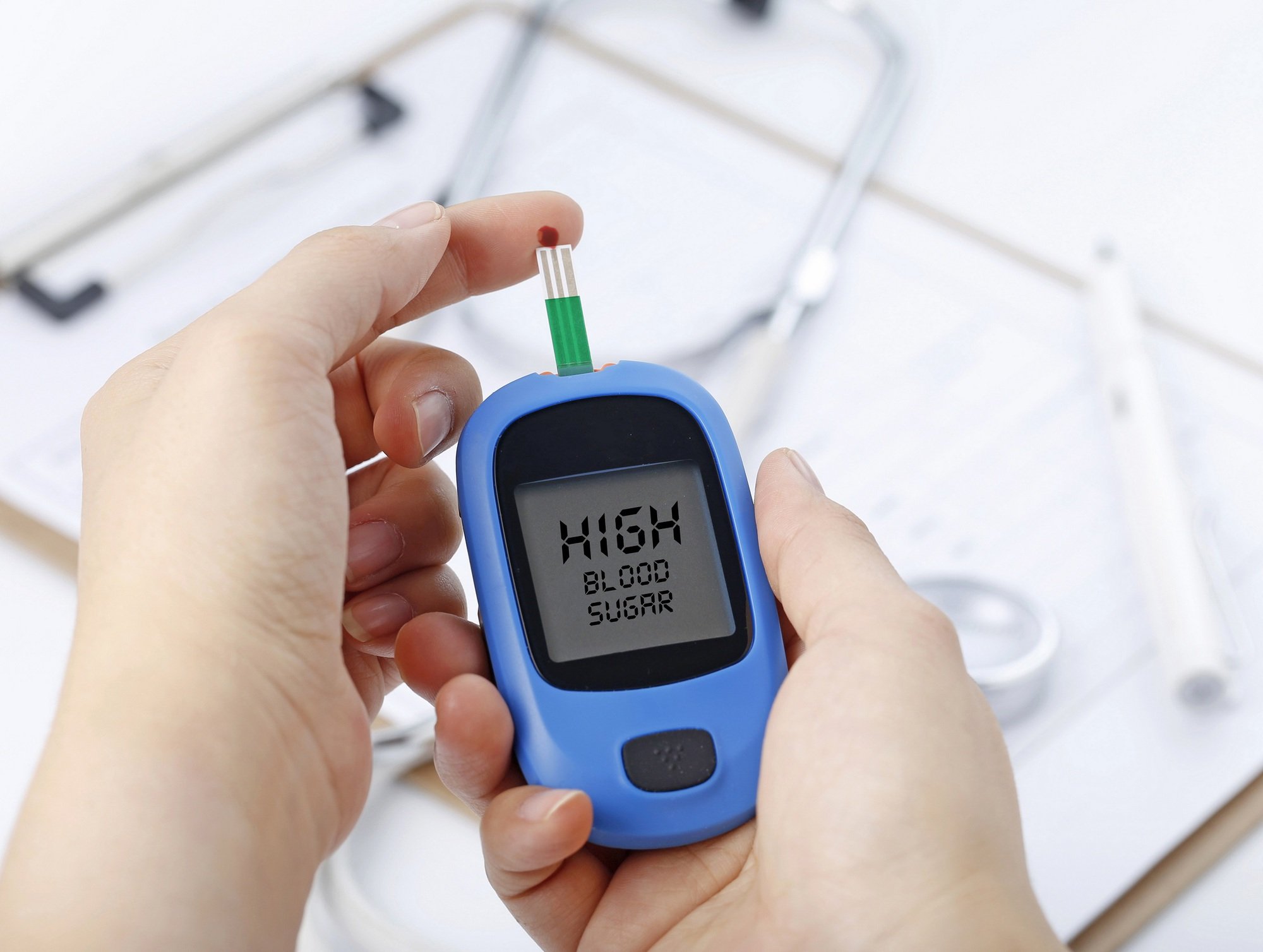Walking briskly after eating can help improve digestion, increase energy, control blood sugar and boost metabolism…
Dr. Chris Damman, a gastroenterologist at UW Medicine, USA, recommends that walking for 30 minutes after a meal is extremely beneficial, especially after eating a very large meal.
Walking after a meal is good for your health because it helps keep your blood sugar low, prevents sugar spikes, and activates your muscles, bringing all that sugar into your muscles for use instead of storing it in your fat cells, Dr. Damman explains.
Potential Benefits of Walking After Eating
- Walking after eating reduces bloating
Physical activity helps stimulate the digestive system, so walking after eating may help improve digestive symptoms such as bloating in some people.
One study found that when people with irritable bowel syndrome (IBS) increased their daily steps from 4,000 to 9,500, their symptoms decreased by 50%. Other studies conducted on people with bloating showed that walking for 10 to 15 minutes after each meal for a month reduced gastrointestinal (GI) symptoms, such as bloating, heartburn, and more.
These post-meal walks are reported to be more effective than taking medications for these conditions.

Walking for 2-5 minutes after a meal can help lower blood sugar levels.
- Regulate blood sugar
Walking after eating can help control blood sugar levels, especially for people with type 1 and 2 diabetes.
In a study involving adults with type 2 diabetes, walking for 10 minutes after each meal was more effective at regulating blood sugar than walking for 30 minutes every day. Experts hypothesize that light exercise such as walking after meals is even more effective at preventing blood sugar spikes when done immediately after eating.
- Improve sleep
Walking after meals can help improve sleep quality. People who walk an average of more than 7,000 steps a day report better sleep than those who don't walk much. Other research shows that walking 10,000 steps a day helps people fall asleep faster.
In some cases, walking after eating may have a positive effect on blood pressure. A guided walking program developed for sedentary people with high blood pressure was successful in lowering blood pressure levels. Another study found that three 10-minute walks a day were effective in reducing diastolic blood pressure in people with prehypertension.
- Mental health support
Short walks have been shown to help boost several aspects of mental health in different ways:
- Walking briskly for about 1.25 hours a week can reduce the risk of depression in adults by 18%.
- Walking briskly for about 2.5 hours a week can reduce the risk of depression in adults by 25%.
There are many risk factors for depression and other mental health conditions. However, physical activity like walking can be helpful in improving overall mood. Consider breaking up your post-meal walk into 20 or 30 minutes, five days a week.
Some studies show that walking after meals can help speed up the digestion process, stimulate the stomach and intestines, and promote food to pass through the digestive system faster.
Walking after dinner may help improve digestion in people who are sedentary during the day and those with conditions such as irritable bowel syndrome (IBS).
- Reduce the risk of heart disease
Data shows that exercise can help reduce the risk of heart disease. Incorporating regular exercise into your daily routine can reduce blood pressure, bad cholesterol, and the risk of heart attack, stroke, etc. For example, you could take a brisk 10-minute walk after meals, three times a day, five days a week.
Although high-intensity exercise is often associated with weight loss due to its ability to burn more calories, walking still has benefits for weight control. Research has found that people who walked for 25 minutes, twice a day, lost more weight and reduced their belly fat compared to those who walked for 50 minutes once a day.
Try taking a short walk after lunch and dinner, which may achieve similar benefits.

You can walk briskly for 10 minutes after meals to help improve blood circulation and reduce blood pressure.
2. Potential Disadvantages of Walking After Meals
While walking right after a meal has many health benefits, there are also some downsides. Some people may experience an upset stomach if they exercise too soon after eating. This is common and may also be accompanied by symptoms such as:
- Flatulence
- Nausea
- Cramps
- Acid reflux
- Diarrhea
3. How long should I wait to walk after a large, heavy meal?
While there is no hard and fast rule about the exact amount of time you should wait to walk after eating a large or heavy meal, keep in mind that food typically takes between two and four hours to fully digest. Based on this digestion time and the amount of food eaten, the ideal time after a meal will vary depending on the individual, the type of food, and activity level, and can range from 30 minutes to three hours.
For many people, starting brisk walking about 30 minutes to an hour after a large, heavy meal will be enough to avoid unwanted side effects. This time frame will be shorter for snacks or smaller, lighter meals.
4. Is walking after eating a good idea?
Data suggests that the ideal time to walk may be right after eating because the body is still working to digest food. In one study, a post-meal walking routine was most effective for weight loss when started immediately after eating rather than waiting an hour.
You don’t have to walk miles to get some benefits. Research shows that walking for 2-5 minutes after a meal can help lower blood sugar. Another study found that walking for 15 minutes after a meal can help maintain blood sugar levels in older adults. Even walking for 10 minutes after a large meal can help.
3. Does high-intensity walking increase the benefits?
Brisk walking at a pace between walking and jogging can increase the benefits of walking. Research shows that combining a brisk pace with running can provide benefits comparable to those of running, including:
- Improves blood circulation, lowers blood pressure and reduces "bad" cholesterol levels.
- Supports weight management.
- Reduce stress and improve mood.
- Enhances brain function and overall mental health.
- Reduces the risk of chronic diseases such as type 2 diabetes and cancer.
Source: https://giadinh.suckhoedoisong.vn/tai-sao-di-bo-nhanh-sau-khi-an-lai-quan-trong-172241217172611413.htm




















































![[Maritime News] More than 80% of global container shipping capacity is in the hands of MSC and major shipping alliances](https://vphoto.vietnam.vn/thumb/402x226/vietnam/resource/IMAGE/2025/7/16/6b4d586c984b4cbf8c5680352b9eaeb0)













































Comment (0)